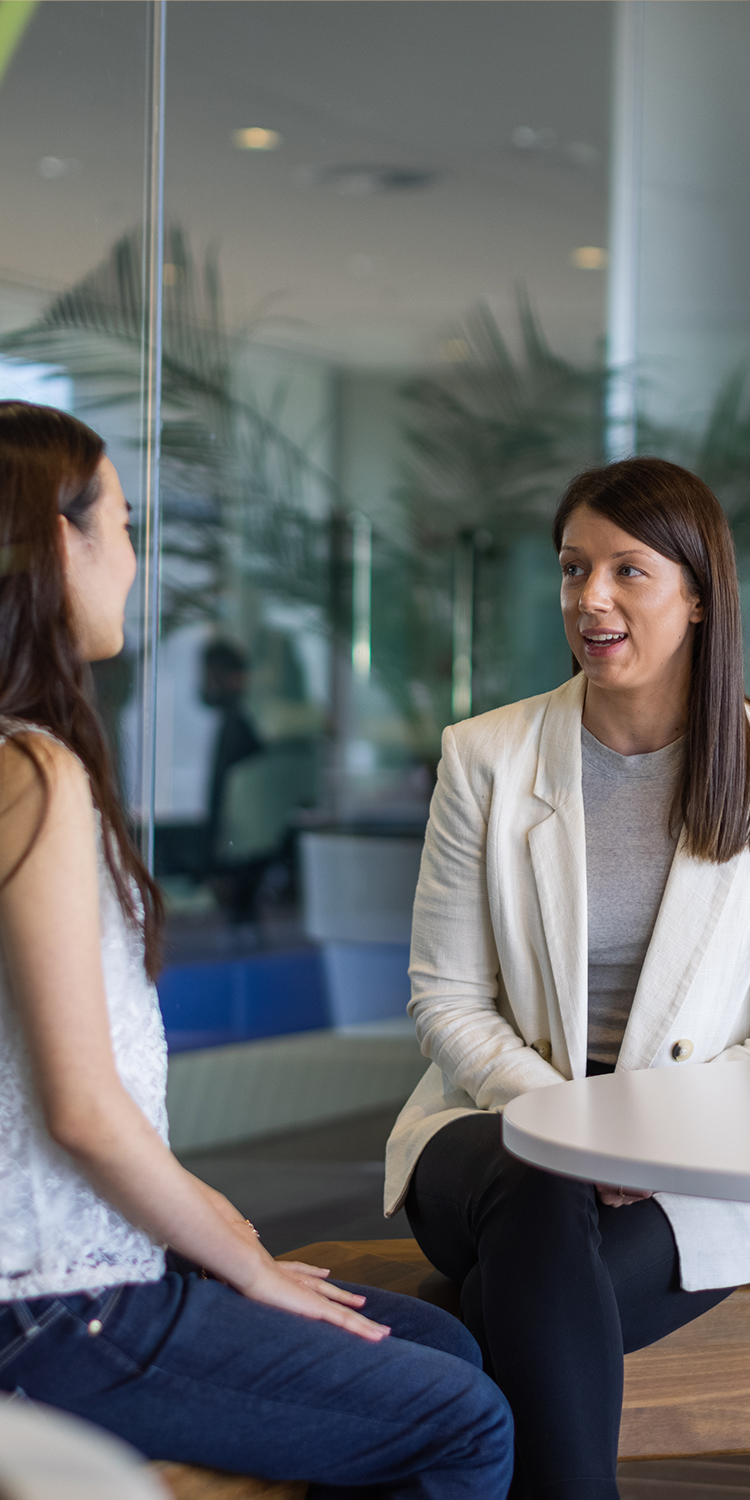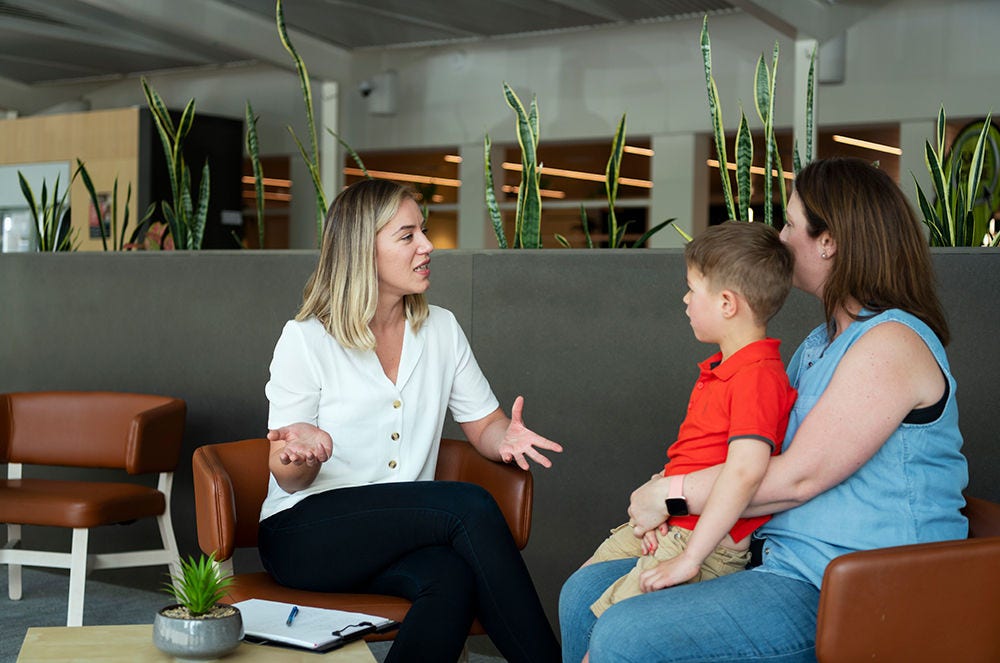Why Bachelor of Psychology?
Great counsellors are a light in the dark. They help people navigate some of life’s most challenging experiences – the loss of a loved one, relationship difficulties, recovery from trauma or other significant life transitions.
In a workplace setting, counsellors can help with mediation, conflict resolution or vocational assessments.
Our Bachelor of Psychology majoring in Counselling and Interpersonal Skills gives you the best of both worlds. With a unique blend of core psychology and specialist counselling courses, you’ll be well prepared for a career in counselling-related fields. Or, with further study, you could become a registered counsellor or psychologist.
Overview
Our Bachelor of Psychology majoring in Counselling and Interpersonal Skills provides you with a foundational understanding of the broad ideas, principles, theories, and methods essential to psychology.
The counselling and interpersonal skills major helps you zoom in further, developing the knowledge, skills and qualities necessary to provide tailored support to people and communities.
You’ll study a mix of courses covering developmental psychology, counselling and interpersonal skills, psychological theory, research methods and more. Practical learning is a key focus of this degree. Through hands-on community service activities and placements, you’ll gain valuable practical experience to help you prepare for the workforce.
Being able to connect with and support people navigating a range of circumstances are key skills for a range of people-focused sectors including education, human resources, family services, crisis intervention, career coaching or community development organisations.
For those interested in becoming a registered psychologist, further study is required through the Bachelor of Psychology (Honours).








